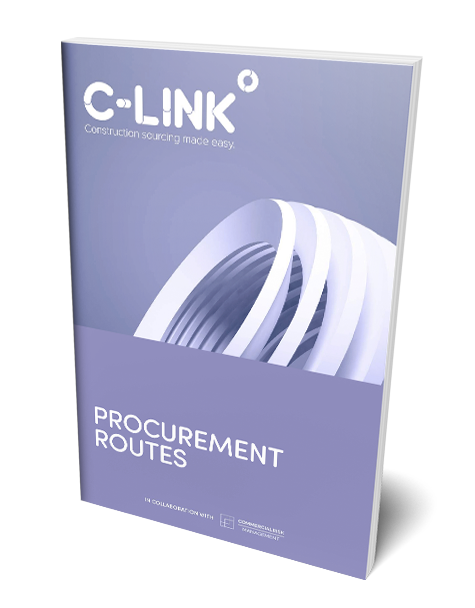Contractor Insurance Types

- blog
- >
- contractor-insurance-types
The complexities of insurance can be intimidating for many in the construction industry and it’s easy to see why.
As legal documents, it’s necessary for insurance contracts to be packed full of dense legal terminology – leading many to dismiss it as simply another regulatory hurdle to be overcome.
But getting to grips with the ins and out of your contractor’s insurance can help to protect your business from worst-case scenarios and in this guide, we’ll attempt to break down the main types of insurance required by those in the construction sector.
The Basics
Despite the best of intentions and safeguards, accidents can and will happen on construction sites and contractors simply wouldn’t be able to operate without covering themselves from these eventualities.
Very few companies would be able to meet the cost of claims and pay-outs from their own resources – necessitating basic liability insurance cover.
Employer’s liability: This type of insurance covers contractors against accident or injury claims made by employees. It’s a legal necessity for contractors and they’re required to keep a certificate at their place of business.
- Some insurers will cover against a set amount of damages, while others will provide unlimited cover – this level is typically reflected in the premium you pay.
- Unlimited cover has become rarer in recent years due to a number of issues, including the increasing use of sub-contractors, which can lead to ambiguities in terms of who and who isn’t covered.
- With changing cover limits, it’s become crucial for contractors to be aware of what they’re covered for – both to ensure they’re not overpaying, while having sufficient cover in place to indemnify all parties should the worst occur.
Public Liability: This type of liability insurance covers contractors against injury to members of the public, surrounding property that’s not involved in the project and sub-contractors.
- Public liability will not only meet the cost of compensation claims, but will cover legal fees related to settlements or defence in terms of such claims.
- Premiums are determined by the type of project being undertaken, how large the firm is and whether or not it’s claimed in the past.
- Given the vast sums that public liability claims can potentially involve, many employers require contractors to prove they have this in place before they commence any work.
Commercial vehicle insurance: A commercial insurance policy is required for any of your contractors’ cars, vans or heavy goods vehicles under the Compulsory Insurance Act (1969).
While the above are all necessities, there’s also a range of highly desirable cover options that many contractors choose to invest in.
Not only can these policies make good business sense, but can serve to make contractors more favourable in the eyes of prospective developer partners – since they can greatly reduce the risk of delays or serious impediments to the project at hand.
All Risks: If anything happens to the equipment needed to complete the works, contractors can end up having to replace them out of their own pocket. As such, Contractors’ All Risks insurance policies cover a broad range of equipment from fire, theft or damage – whether they’re on-site at the time or not.
Plant, Machinery and Tools All Risks: As with the above, this type of policy covers all the tools contractors need to carry out their job – from heavy plant to huts and hand tools.
As contractors can vary greatly in the kinds of work they carry out – most insurers permit a degree of customisation – allowing contractors to include their motor and engineering policies under the same umbrella of cover.
Given the high cost of replacing such equipment, these type of policies, which effectively transition the burden of risk on to their insurers, tend to be highly popular with larger contractors especially.
Inspection Contracts and Plant Protection: Under health and safety legislation, the onus is on contractors to ensure their equipment is safe and working to specification.
Many insurers offer inspections from certified engineers, which is tied to their provision of cover – streamlining both prevention and the claims process should any equipment be at fault.
Structural Insurance: Structural insurance protects the homeowner from any failings in the workmanship, materials or design of a property once it’s completed. Despite potentially protecting against failings caused by or due to the contractor, the responsibility for sourcing cover falls on the developer and is a requirement for mortgage providers.
To find out how you can start working with CRL and access various products, visit their Partner Page HERE or just jump to what they cover.
About Paul Heming
Paul was a Quantity Surveyor who gained 10 years experience of managing £200 million worth of flagship UK projects, including 20 Fenchurch Street and Battersea Power Station. In 2015, Paul founded C-Link with the intention of sharing his expertise of managing major projects with the SME market.
-
Free Resources

Procurement Routes
Download now
